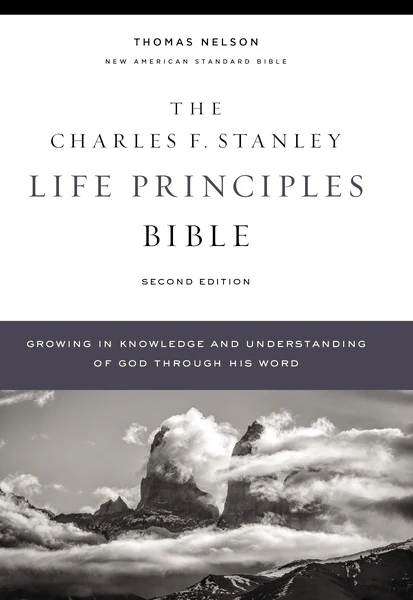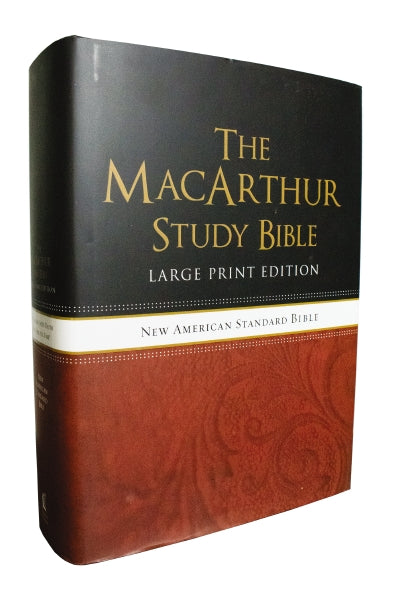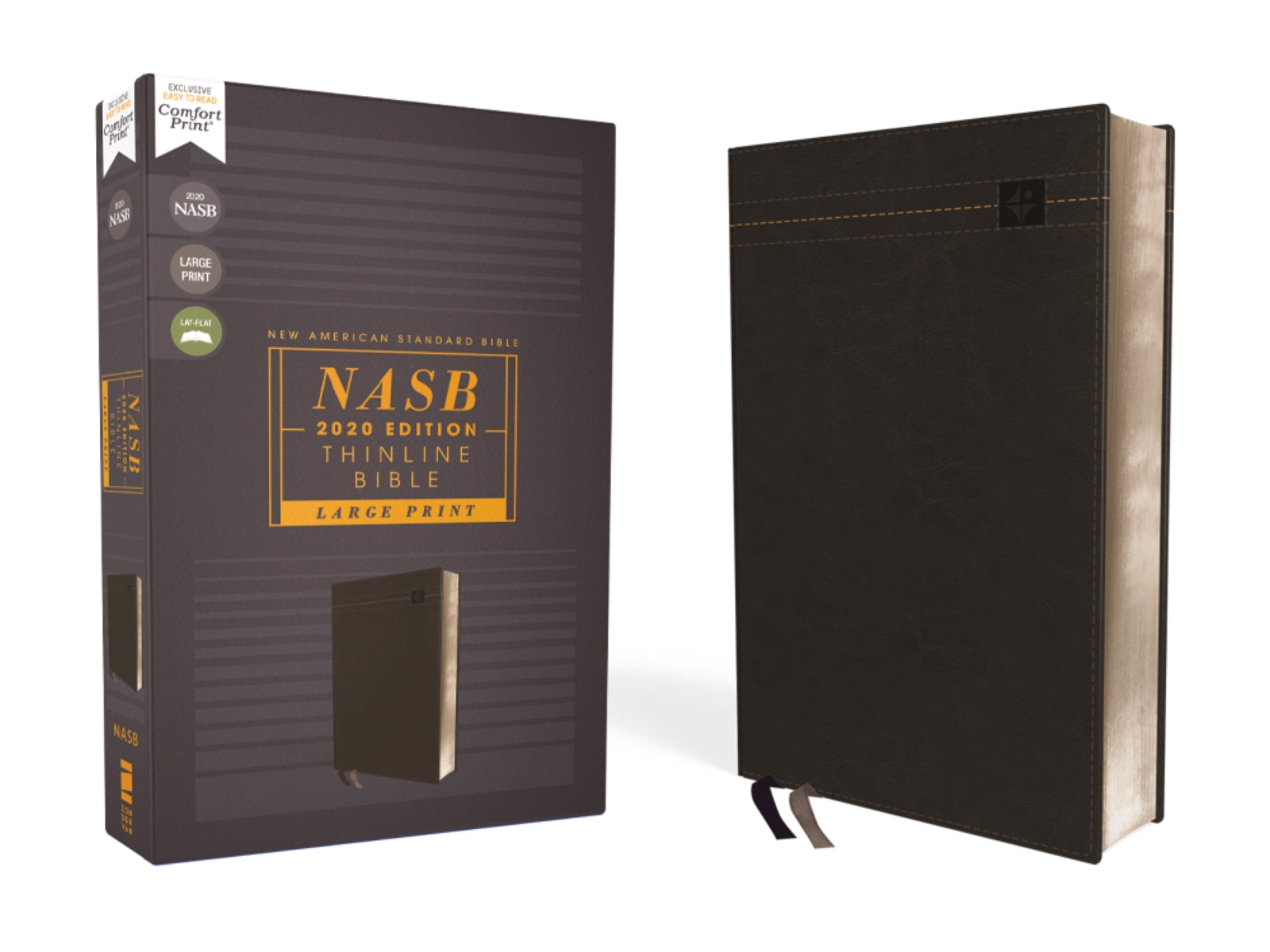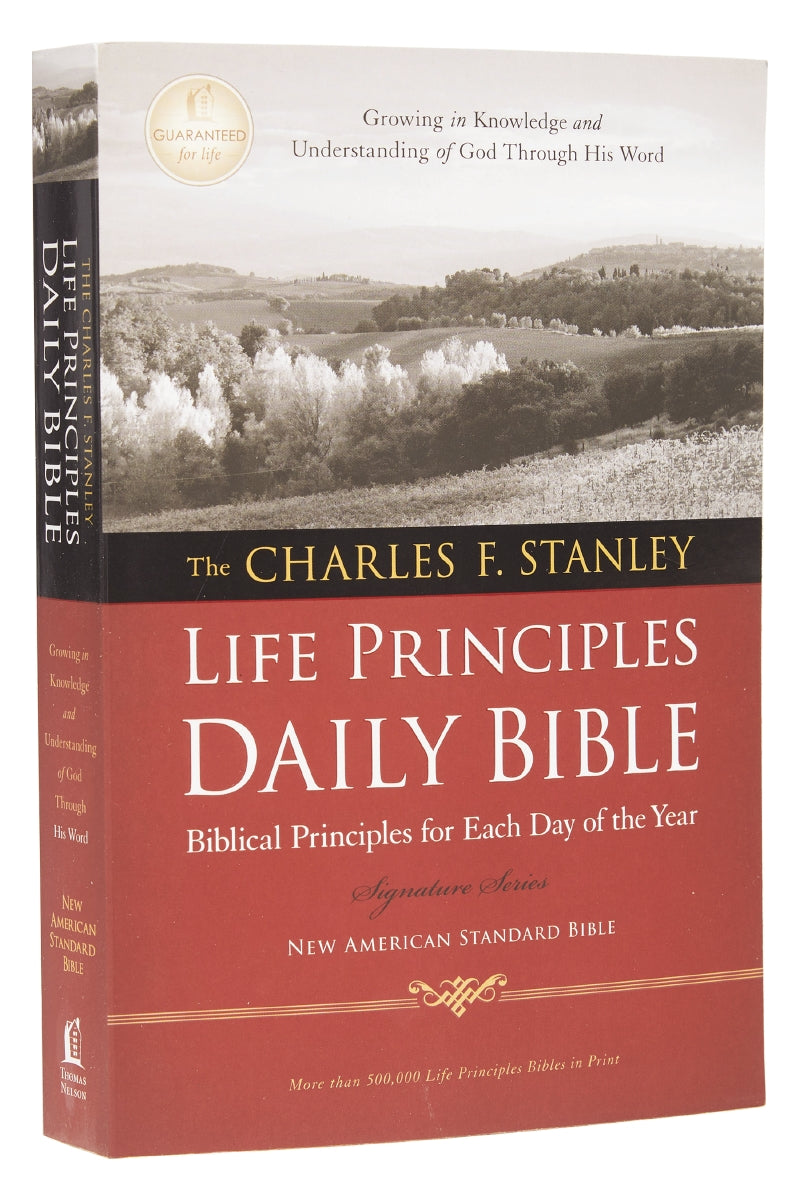1 Kings 3:1-3
New American Standard Bible
Solomon’s Rule Consolidated
3 Now (A)Solomon [a]formed a marriage alliance with Pharaoh king of Egypt, and took Pharaoh’s daughter (B)and brought her to the city of David (C)until he had finished building his own house and the house of the Lord, and (D)the wall around Jerusalem. 2 (E)The people were still sacrificing on the high places, because there was no house built for the name of the Lord until those days.
3 Now (F)Solomon loved the Lord, (G)walking in the statutes of his father David, except that he was sacrificing and burning incense on the high places.
Read full chapterFootnotes
- 1 Kings 3:1 Lit made himself a son-in-law of Pharaoh
1 Kings 15:11-14
New American Standard Bible
11 Now (A)Asa did what was right in the sight of the Lord, like his father David. 12 (B)He also removed the male cult prostitutes from the land and (C)removed all the idols which his fathers had made. 13 And even his mother Maacah, (D)he also removed her from the position of queen mother, because she had made an abominable image [a]as an Asherah; and Asa cut down her abominable image and (E)burned it at the brook Kidron. 14 (F)But the high places [b]were not eliminated; nevertheless (G)Asa’s heart was [c]wholly devoted to the Lord all his days.
Read full chapterFootnotes
- 1 Kings 15:13 Or for Asherah; i.e., wooden symbol of a female deity
- 1 Kings 15:14 Lit did not cease
- 1 Kings 15:14 Lit complete with
2 Kings 12:1-3
New American Standard Bible
Jehoash (Joash) Reigns over Judah
12 In the seventh year of Jehu, [a](A)Jehoash became king, and he reigned for forty years in Jerusalem; and his mother’s name was Zibiah of Beersheba. 2 Jehoash did what was right in the sight of the Lord all his days that Jehoiada the priest instructed him. 3 Only (B)the high places did not end; the people still sacrificed and burned incense on the high places.
Read full chapterFootnotes
- 2 Kings 12:1 Jehoash is another spelling of Joash in Heb
2 Kings 16:2-4
New American Standard Bible
2 (A)Ahaz was twenty years old when he became king, and he reigned for sixteen years in Jerusalem; and he did not do what was right in the sight of the Lord his God, as his father David had done. 3 But he walked in the way of the kings of Israel, (B)and he even made his son pass through the fire, (C)in accordance with the abominations of the nations whom the Lord had [a]driven out before the sons of Israel. 4 And he (D)sacrificed and burned incense on the high places, on the hills, and under every green tree.
Read full chapterFootnotes
- 2 Kings 16:3 Or dispossessed
2 Kings 18:2-6
New American Standard Bible
2 He was (A)twenty-five years old when he became king, and he reigned for twenty-nine years in Jerusalem; and his mother’s name was Abi the daughter of Zechariah. 3 (B)He did what was right in the sight of the Lord, in accordance with everything that his father David had done. 4 (C)He removed the high places and smashed the memorial stones to pieces, and cut down the [a]Asherah. He also crushed to pieces (D)the bronze serpent that Moses had made, for until those days the sons of Israel had been burning incense to it; and it was called [b]Nehushtan. 5 (E)He trusted in the Lord, the God of Israel; and (F)after him there was no one like him among all the kings of Judah, nor among those who came before him. 6 For he (G)clung to the Lord; he did not desist from following Him, but kept His commandments, which the Lord had commanded Moses.
Read full chapterFootnotes
- 2 Kings 18:4 I.e., a wooden symbol of a female deity
- 2 Kings 18:4 I.e., a bronze sculpture
2 Kings 21:1-9
New American Standard Bible
Manasseh Succeeds Hezekiah
21 (A)Manasseh was twelve years old when he became king, and he reigned for fifty-five years in Jerusalem; and his mother’s name was Hephzibah. 2 (B)He did evil in the sight of the Lord, (C)in accordance with the abominations of the nations whom the Lord [a]dispossessed before the sons of Israel. 3 For (D)he rebuilt the high places which his father Hezekiah had destroyed; and (E)he erected altars for Baal and made an [b]Asherah, just as Ahab king of Israel had done, and he (F)worshiped all the heavenly [c]lights and served them. 4 And (G)he built altars in the house of the Lord, of which the Lord had said, “(H)In Jerusalem I will put My name.” 5 He built altars for (I)all the heavenly [d]lights in (J)the two courtyards of the house of the Lord. 6 And (K)he made his son pass through the fire, (L)interpreted signs, practiced divination, and used mediums and spiritists. He did great evil in the sight of the Lord, provoking Him to anger. 7 Then (M)he put the carved image of Asherah that he had made in the house of which the Lord had said to David and to his son Solomon, “(N)In this house and in Jerusalem, which I have chosen from all the tribes of Israel, I will put My name forever. 8 And I (O)will not make the feet of Israel wander anymore from the land which I gave their fathers, if only they will take care to act in accordance with everything that I have commanded them, and with all the Law that My servant Moses commanded them.” 9 But they did not listen, and Manasseh (P)encouraged them to do evil, more than the nations whom the Lord eliminated from the presence of the sons of Israel.
Read full chapterFootnotes
- 2 Kings 21:2 Or drove out
- 2 Kings 21:3 I.e., a wooden symbol of a female deity
- 2 Kings 21:3 Lit host
- 2 Kings 21:5 Lit host
2 Kings 22:13
New American Standard Bible
13 “Go, inquire of the Lord for me and for the people and all Judah concerning the words of this book that has been found, for (A)the wrath of the Lord that burns against us is great, because our fathers did not listen to the words of this book, to act in accordance with everything that is written regarding us.”
Read full chapter
2 Kings 23:4-26
New American Standard Bible
Reforms under Josiah
4 Then the king commanded Hilkiah the high priest, (A)the priests of the second order, and the [a]doorkeepers (B)to bring out of the temple of the Lord all the utensils that had been made for Baal, for [b]Asherah, and for all the heavenly [c]lights; and (C)he burned them outside Jerusalem in the fields of the Kidron Valley, and carried their ashes to Bethel. 5 Then he did away with the idolatrous priests whom the kings of Judah had appointed to burn incense on the high places in the cities of Judah and in the surrounding area of Jerusalem, as well as those who burned incense to Baal, to the sun, to the moon, to the constellations, and to all the remaining (D)heavenly [d]lights. 6 He also brought out the Asherah from the house of the Lord outside Jerusalem to the brook Kidron, and burned it at the brook Kidron, and (E)ground it to dust, and (F)threw its dust on the graves of the [e]common people. 7 And he tore down the cubicles of the (G)male cult prostitutes which were in the house of the Lord, where (H)the women were weaving [f]hangings for the Asherah. 8 Then he brought all the priests from the cities of Judah, and defiled the high places where the priests had burned incense, from (I)Geba to Beersheba; and he tore down the high places of the gates that were at the entrance of the gate of Joshua the governor of the city, which were on one’s left at the city gate. 9 Nevertheless (J)the priests of the high places did not go up to the altar of the Lord in Jerusalem, but they ate unleavened bread among their brothers. 10 (K)He also defiled [g]Topheth, which is in the Valley of the Son of Hinnom, (L)so that no one would make his son or his daughter pass through the fire for (M)Molech. 11 And he did away with the horses that the kings of Judah had given to the (N)sun, at the entrance of the house of the Lord, by the chamber of Nathan-melech the official, which was at the [h]covered courtyard; and he burned the chariots of the sun with fire. 12 The king also tore down (O)the altars that were on the roof, the upper chamber of Ahaz, which the kings of Judah had made, and (P)the altars which Manasseh had made in the two courtyards of the house of the Lord; and he [i]smashed them there and (Q)threw their dust into the brook Kidron. 13 And the king defiled the high places that were opposite Jerusalem, which were on the right of (R)the mount of destruction which Solomon the king of Israel had built for (S)Ashtoreth the abomination of the Sidonians, for (T)Chemosh the abomination of Moab, and for Milcom the abomination of the sons of Ammon. 14 (U)He also smashed to pieces the memorial stones and cut down the [j]Asherim, and (V)filled their places with human bones.
15 Furthermore, (W)the altar that was at Bethel and the (X)high place which Jeroboam the son of Nebat, who misled Israel into sin, had made, even that altar and the high place he tore down. Then he (Y)burned the high place, ground the remains to dust, and burned the Asherah. 16 Now when Josiah turned, he saw the graves that were there on the mountain, and he sent men and took the bones from the graves, and burned them on the altar and defiled it (Z)in accordance with the word of the Lord which the man of God proclaimed, the one who proclaimed these things. 17 Then he said, “What is this gravestone there that I see?” And the men of the city told him, “(AA)It is the grave of the man of God who came from Judah and proclaimed these things which you have done against the altar of Bethel.” 18 And he said, “Leave him alone; no one is to disturb his bones.” So they left his bones undisturbed (AB)with the bones of the prophet who came from Samaria. 19 Then Josiah also removed all the houses of the high places which were (AC)in the cities of Samaria, which the kings of Israel had constructed, [k]provoking the Lord to anger; and he did to them [l]just as he had done in Bethel. 20 And (AD)he slaughtered all the priests of the high places who were there on the altars, and burned human bones on them; then he returned to Jerusalem.
Passover Reinstituted
21 Then the king commanded all the people, saying, “(AE)Celebrate the Passover to the Lord your God (AF)as it is written in this Book of the Covenant.” 22 (AG)Truly such a Passover had not been celebrated since the days of the judges who judged Israel, nor in all the days of the kings of Israel and the kings of Judah. 23 But in the eighteenth year of King Josiah, this Passover was celebrated to the Lord in Jerusalem.
24 Moreover, Josiah removed (AH)the mediums, the spiritists, the [m](AI)household idols, (AJ)the idols, and all the abominations that were seen in the land of Judah and in Jerusalem, (AK)so that he might [n]fulfill the words of the Law which were written (AL)in the book that Hilkiah the priest found in the house of the Lord. 25 Before him there was no king (AM)like him who turned to the Lord with all his heart, all his soul, and all his might, in conformity to all the Law of Moses; nor did any like him arise after him.
26 Nevertheless, the Lord did not turn from the fierceness of His great wrath with which His anger burned against Judah, (AN)because of all the provocations with which Manasseh had provoked Him.
Read full chapterFootnotes
- 2 Kings 23:4 Lit keepers of the threshold
- 2 Kings 23:4 I.e., a wooden symbol of a female deity, and so throughout the ch
- 2 Kings 23:4 Lit host
- 2 Kings 23:5 Lit host
- 2 Kings 23:6 Lit sons of the people
- 2 Kings 23:7 Or dresses
- 2 Kings 23:10 I.e., place of burning
- 2 Kings 23:11 Meaning of the Heb uncertain
- 2 Kings 23:12 Or ran from there
- 2 Kings 23:14 I.e., wooden symbols of a female deity (Asherah)
- 2 Kings 23:19 As in ancient versions; MT provoking; and he
- 2 Kings 23:19 Lit according to all the acts
- 2 Kings 23:24 Heb teraphim
- 2 Kings 23:24 Or perform
New American Standard Bible®, Copyright © 1960, 1971, 1977, 1995, 2020 by The Lockman Foundation. All rights reserved.
Bible Gateway Recommends






